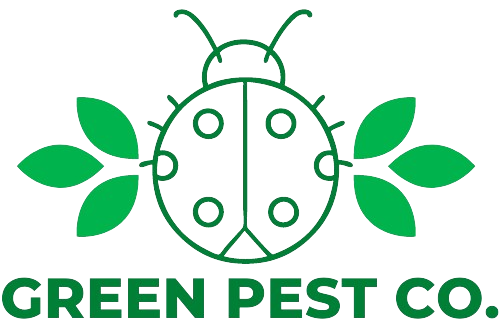The Importance of Eco-Friendly Pest Control
Pests can be a nuisance, causing damage to our homes, gardens, and even our health. Traditional pest control methods often rely on the use of harmful chemicals that can have adverse effects on the environment and our well-being. However, there are eco-friendly pest control methods that can effectively manage pests while minimizing the impact on the ecosystem. In this article, we will explore green pest control methods and provide you with tips on how to implement them.
1. Integrated Pest Management (IPM)
Integrated Pest Management (IPM) is a holistic approach to pest control that focuses on prevention, monitoring, and control. It aims to minimize the use of pesticides by utilizing a combination of strategies tailored to specific pest problems. IPM involves identifying the pest, understanding its biology and behavior, and implementing preventive measures such as sealing cracks, removing food sources, and maintaining cleanliness. By using IPM, you can effectively control pests while reducing the need for chemical treatments.
2. Natural Repellents
There are many natural repellents that can help deter pests without the use of harmful chemicals. For example, planting certain herbs like lavender, mint, and rosemary can repel mosquitoes and flies. Citrus peels can be used to keep ants away, while cedarwood chips can deter moths. Additionally, essential oils such as peppermint, eucalyptus, and tea tree oil can be diluted and sprayed around the house to repel various pests. These natural repellents are not only effective but also safe for the environment.
3. Biological Control
Biological control involves using natural predators, parasites, or pathogens to control pest populations. This method is commonly used in agriculture and gardening to manage pests without the use of chemicals. For example, ladybugs can be introduced to control aphids, while nematodes can be used to target soil-dwelling pests. By encouraging natural predators and beneficial organisms in your garden, you can maintain a healthy balance and reduce the need for chemical interventions.
4. Physical Barriers
Physical barriers can be an effective way to prevent pests from entering your home or garden. Installing window screens, door sweeps, and sealing cracks can keep insects out of your living spaces. For gardens, using row covers or netting can protect plants from pests while allowing sunlight and air to pass through. By implementing these physical barriers, you can create a pest-free environment without relying on chemical pesticides.
5. Proper Waste Management
Proper waste management is essential in preventing pest infestations. Pests are attracted to food sources, so it’s important to keep your surroundings clean and dispose of waste properly. Make sure to store food in sealed containers, regularly empty trash bins, and clean up spills and crumbs. By eliminating potential food sources, you can discourage pests from entering your home or garden.
Conclusion
Green pest control methods offer a sustainable and environmentally friendly approach to managing pests. By implementing integrated pest management, using natural repellents, promoting biological control, implementing physical barriers, and practicing proper waste management, you can effectively control pests while minimizing the use of harmful chemicals. Embracing eco-friendly pest control not only benefits the environment but also ensures the well-being of your home and family.
Remember, prevention is always better than cure when it comes to pest control. By adopting these eco-friendly methods and incorporating them into your daily routine, you can create a pest-free environment without compromising your commitment to sustainability.



